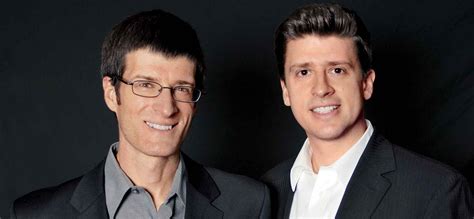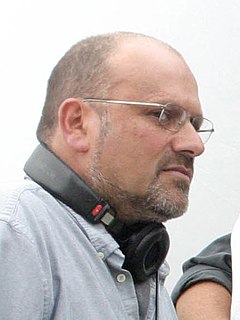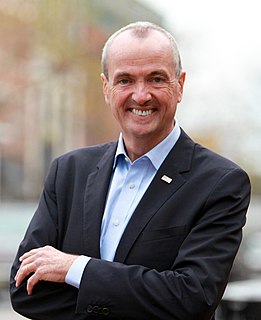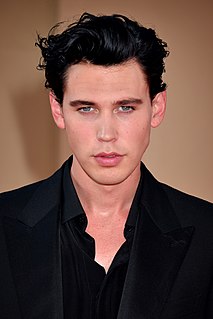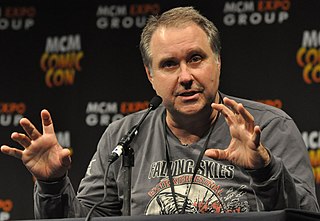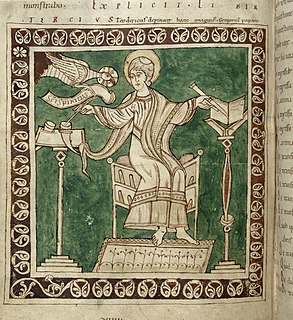A Quote by Chip Heath
When you’re at the beginning, don’t obsess about the middle, because the middle is going to look different once you get there.
Related Quotes
Man no longer lives in the beginning--he has lost the beginning. Now he finds he is in the middle, knowing neither the end nor the beginning, and yet knowing that he is in the middle, coming from the beginning and going towards the end. He sees that his life is determined by these two facets, of which he knows only that he does not know them
It was important for me to show that Beirut and Lebanon were once the pearl of the Middle East. Beirut was once called the Paris of the Middle East and to have that feeling of a destroyed place that once was beautiful and glamorous and visually impressive was important. I think it's even sadder to get the feeling that this country, and indeed the whole Middle East, could have been a major force in the world if people would get together and forget about destruction, death and wars. But unfortunately, it's not happening yet.
I let myself go at the beginning and write with an easy mind, but by the time I get to the middle I begin to grow timid and to fear my story will be too long. . .That is why the beginning of my stories is always very promising and looks as though I were starting on a novel, and the middle is huddled and timid, and the end is...like fireworks.
I feel confident that we will have a beginning, middle and end, in this season, and it was wise of NBC to then call it what it really is, which is a mini-series. "24" is a really good example, in that there was a definitive beginning, middle and end for the first season. They had a slightly different format than we have, but the second season just retained Jack Bauer and a few other players, with the same basic format and idea, but it was a completely different show.
I think one is naturally impressed by anything having a beginning a middle and an ending when one is beginning writing and that it is a natural thing because when one is emerging from adolescence, which is really when one first begins writing one feels that one would not have been one emerging from adolescence if there had not been a beginning and a middle and an ending to anything.
I believe that the Iraqis have an opportunity now, without Saddam Hussein there, to build the first multiconfessional Arab democracy in the Middle East. And that will make for a different kind of Middle East. And these things take time. History has a long arc, not a short one. And there are going to be ups and downs, and it is going to take patience by the United States and by Iraq's neighbors to help the Iraqis to do that. But if they succeed, it'll transform the Middle East, and that's worth doing.
I think the public is very reluctant to get involved in more foreign wars, especially in the Middle East. And they understand, implicitly, that we go to war in the Middle East because of oil. And if we don't want to go to war in the Middle East, then we have to do something about the oil problem. And I think that view is gaining ground in the U.S.
